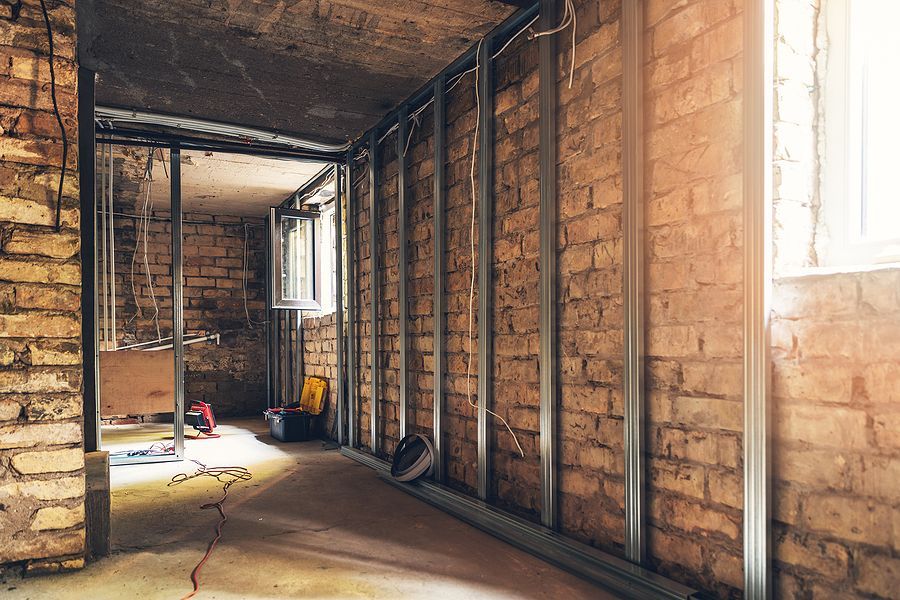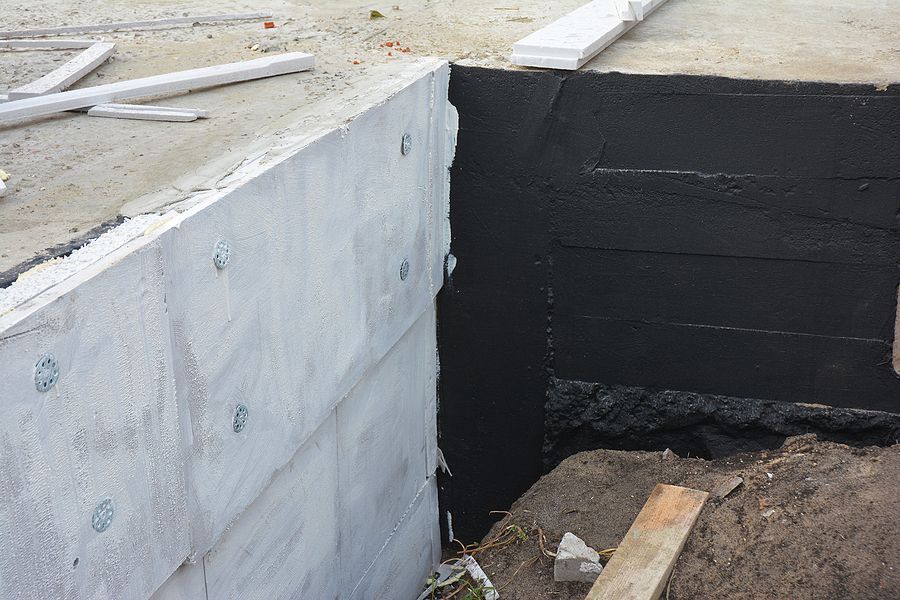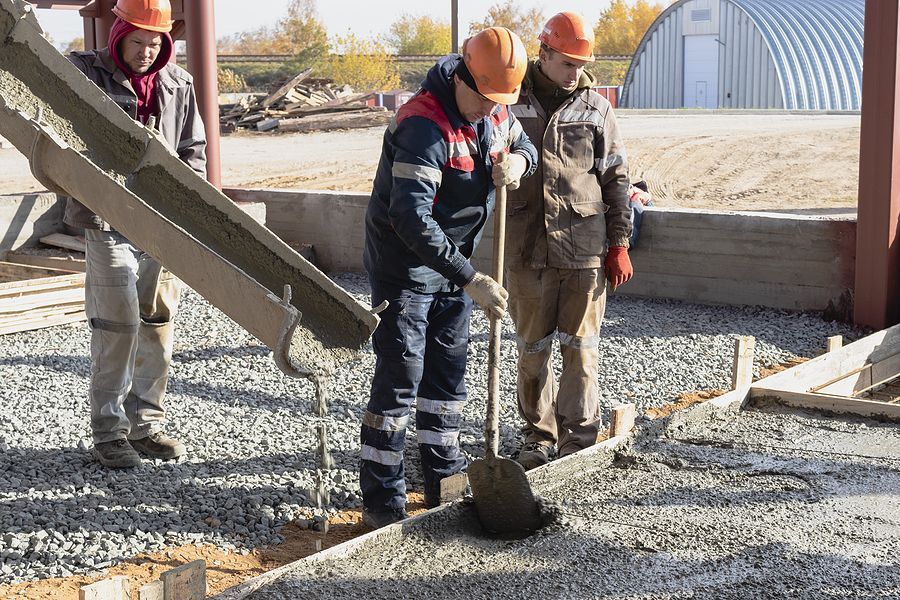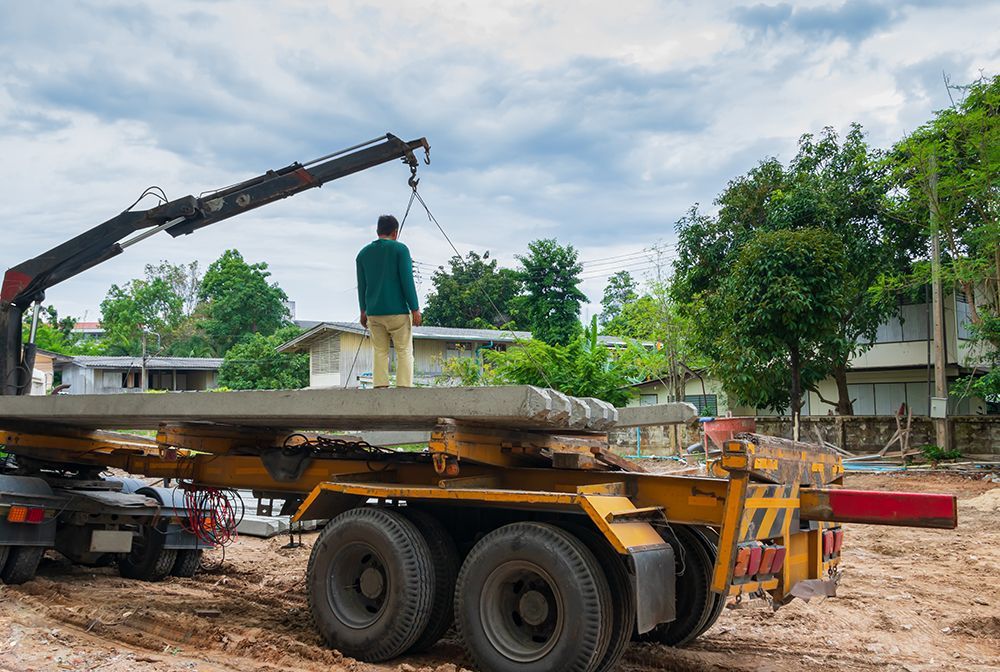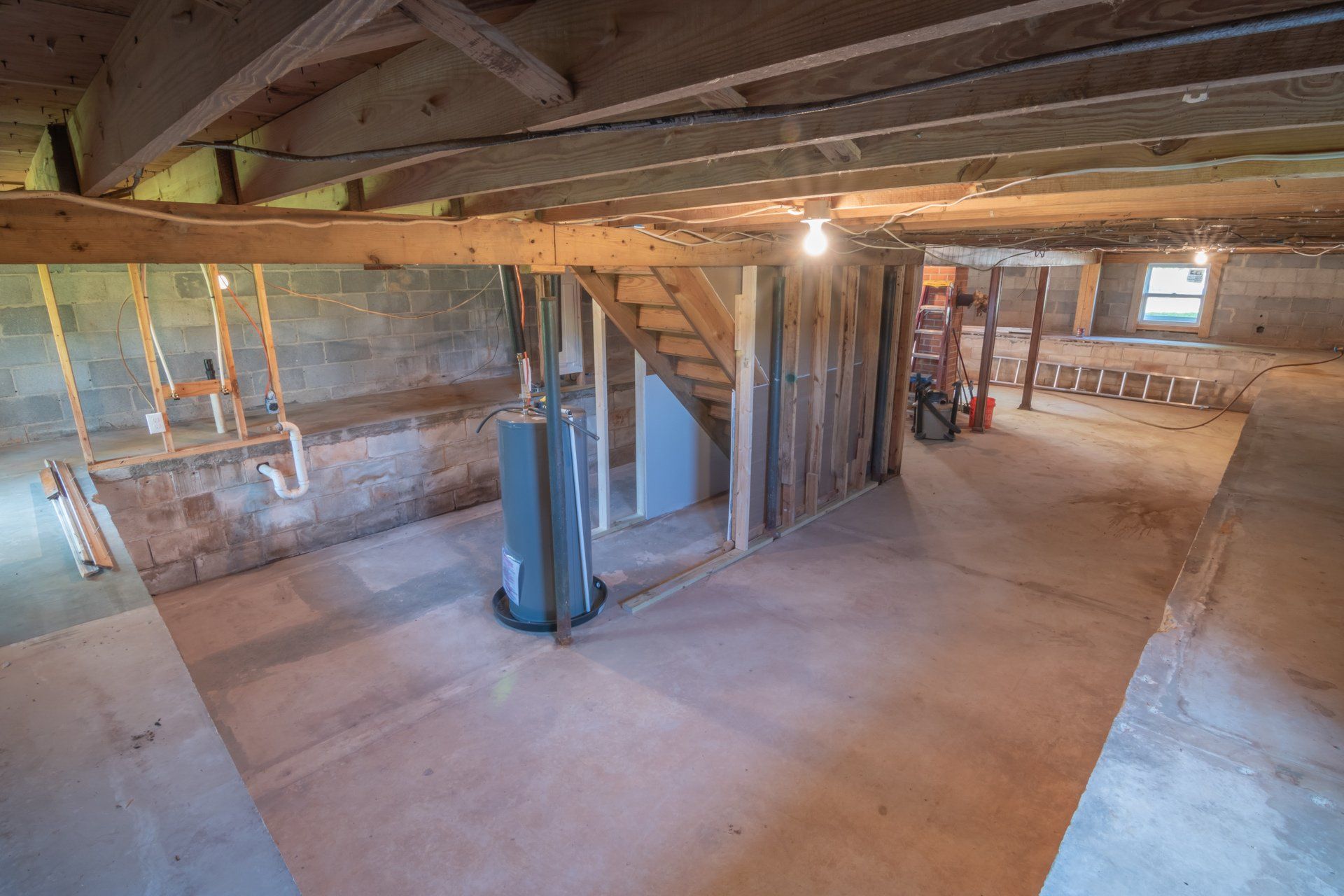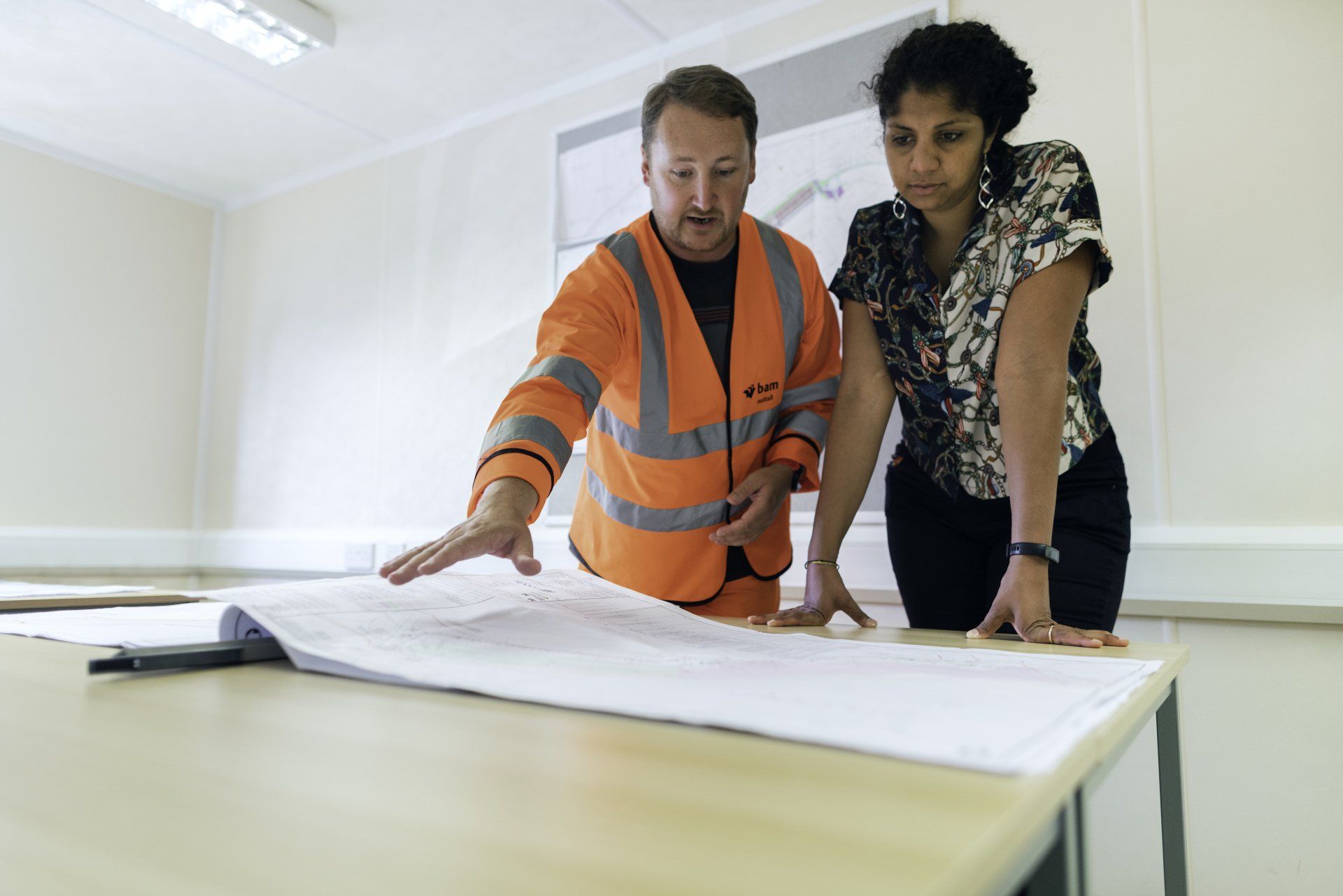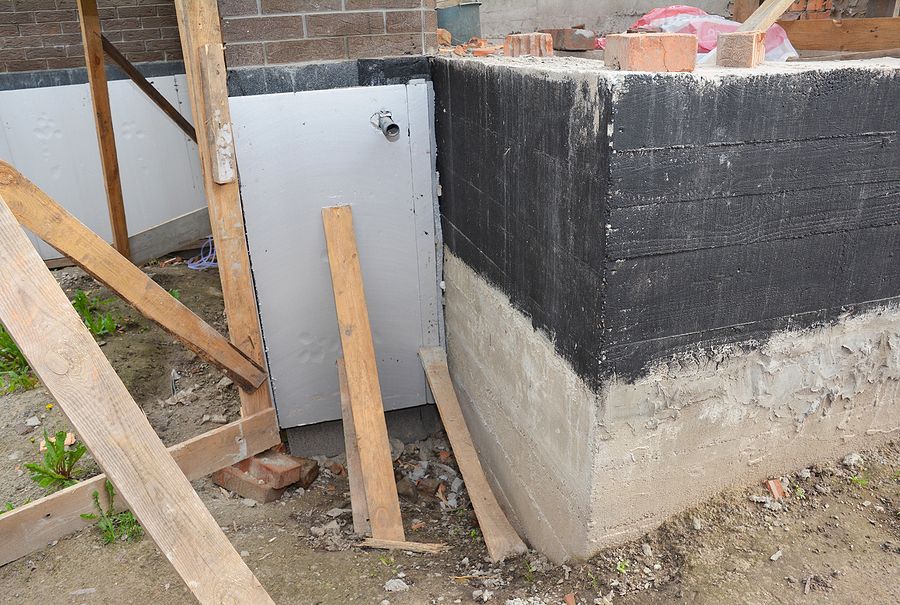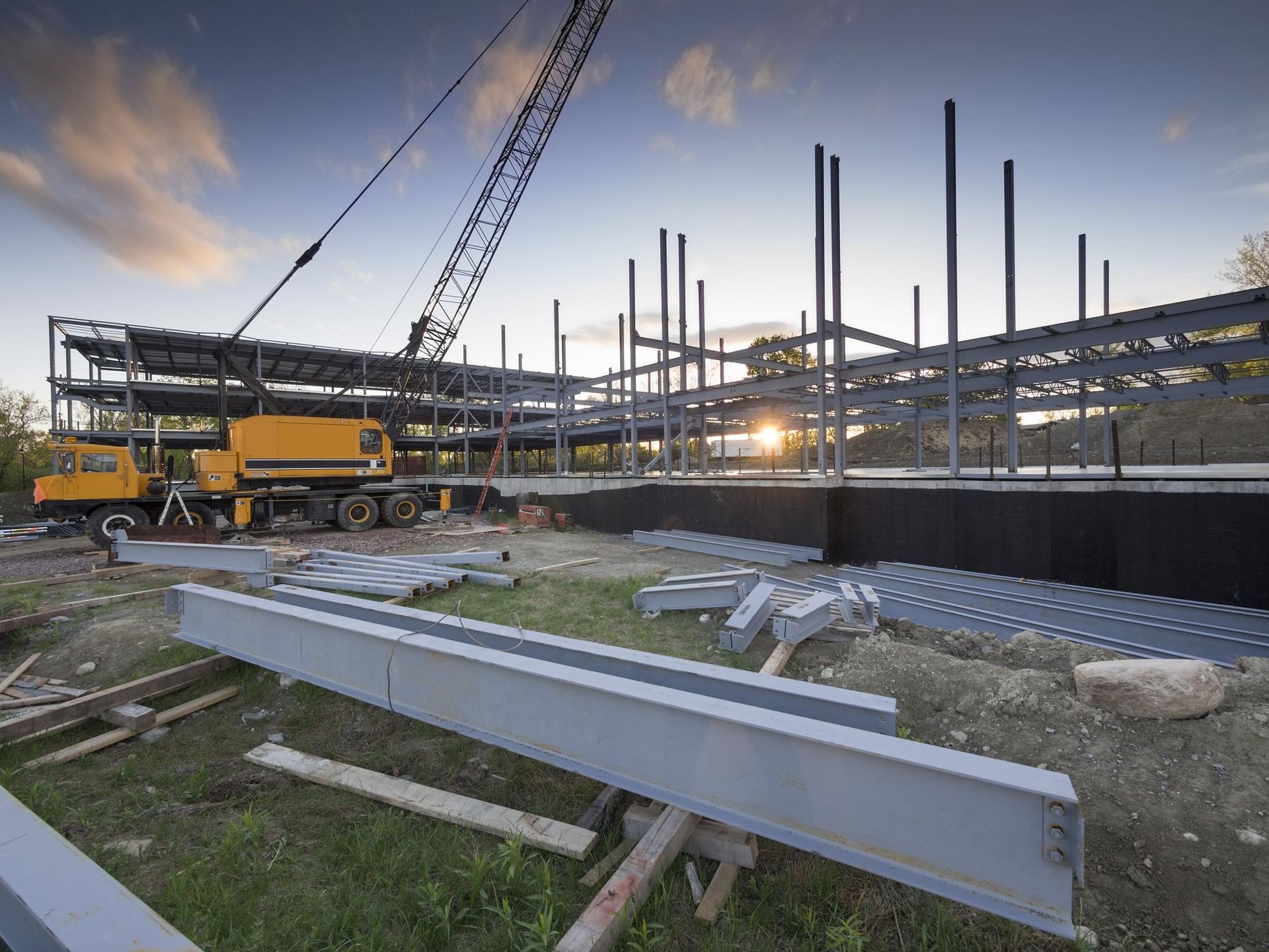Mastering Foundation Leveling: DIY Tips and Professional Insights
"Balancing Your Home's Base: DIY Skills and Professional Wisdom"
The foundation of your home is its cornerstone, bearing the weight of the entire structure. A solid foundation is essential for the stability and integrity of your house. However, over time, various factors can lead to foundation issues, including uneven floors, cracked basement walls, and moisture infiltration. In this comprehensive guide, we will explore the world of
foundation leveling, combining DIY tips with professional insights to help you understand the importance of maintaining a strong foundation and how to address common problems effectively.
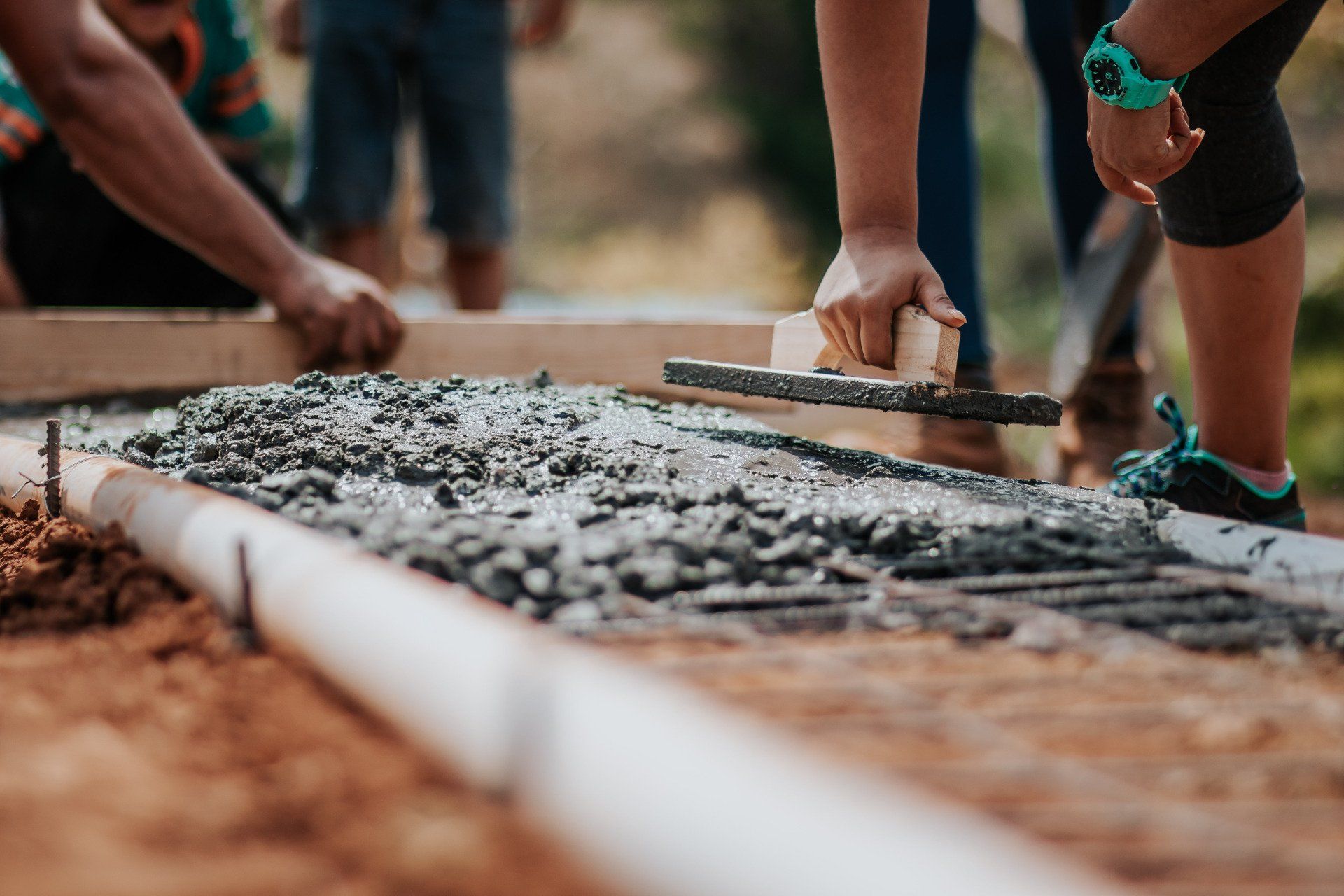
1. The Significance of a Solid Foundation
Before diving into the details of foundation leveling, it's crucial to grasp the significance of a robust foundation for your home:
a. Basement Walls:
Basement walls are a crucial component of your foundation, providing structural support and protection against moisture.
Cracks or damage in these walls can weaken your foundation and lead to water infiltration.
b. Slab Foundation Waterproofing:
Waterproofing is essential for slab foundations to prevent water from seeping into your home.
Moisture-related problems can include mold growth, structural damage, and reduced indoor air quality.
2. DIY Foundation Leveling Tips
While some foundation leveling tasks require
professional expertise, there are several DIY tips that homeowners can use to address minor issues and maintain their foundation:
a. Foundation Patching:
Identify and patch minor cracks in your foundation using epoxy or hydraulic cement.
Regularly inspect your foundation for cracks and address them promptly to prevent further damage.
b. Leveling Floors:
For minor unevenness in floors, you can use self-leveling compound or floor shims.
Properly leveled floors ensure safety and comfort in your living space.
c. Basement Waterproofing Walls:
Seal any visible cracks in your basement walls using waterproofing products designed for masonry.
Keep an eye on the condition of your basement walls to catch issues early and apply timely repairs.
3. Professional Insights
While DIY efforts can be effective for minor issues, complex foundation problems often require professional intervention. Here are some insights into the methods and expertise that professionals bring to foundation leveling:
a. Leveling Foundation Piers:
Professionals can assess and adjust uneven or sinking foundation piers using specialized techniques.
Methods may include pier installation, helical piers, or hydraulic jacking to restore stability.
b. Foundation and Basement Waterproofing:
Experts can provide comprehensive foundation and basement
waterproofing solutions.
These may include exterior waterproofing membranes, French drain installations, and sump pump systems.
4. Preventative Measures
To reduce the risk of foundation issues and the need for leveling, consider these preventative measures:
a. Regular Maintenance:
Schedule periodic foundation inspections to catch minor issues before they escalate.
Ensure that your gutters and downspouts are clean and functioning correctly to direct water away from the foundation.
b. Landscaping:
Maintain proper grading around your home, ensuring that the soil slopes away from the foundation.
Be cautious about planting trees and shrubs too close to your house, as their roots can affect the foundation.
c. Foundation and Waterproofing:
Invest in quality foundation and basement waterproofing to protect your home from moisture-related damage.
5. The Urgency of Timely Action
Timely action is crucial when it comes to foundation issues. Ignoring the signs of an unlevel foundation, cracked basement walls, or moisture problems can lead to more significant and costly repairs in the future. The longer these issues are left unaddressed, the greater the risk of compromising your home's structural integrity.
Conclusion
Your home's foundation is its literal and metaphorical support system. Maintaining a strong and stable foundation is essential for the safety and longevity of your house. Whether you choose to tackle minor issues with DIY methods or seek professional assistance for significant foundation leveling projects, taking prompt action is key. Understanding the signs of
foundation problems, implementing preventative measures, and seeking expert guidance when necessary will enable you to master the art of foundation leveling and preserve a solid foundation for your home. By doing so, you'll secure your investment and ensure the comfort and safety of your living space for years to come.

